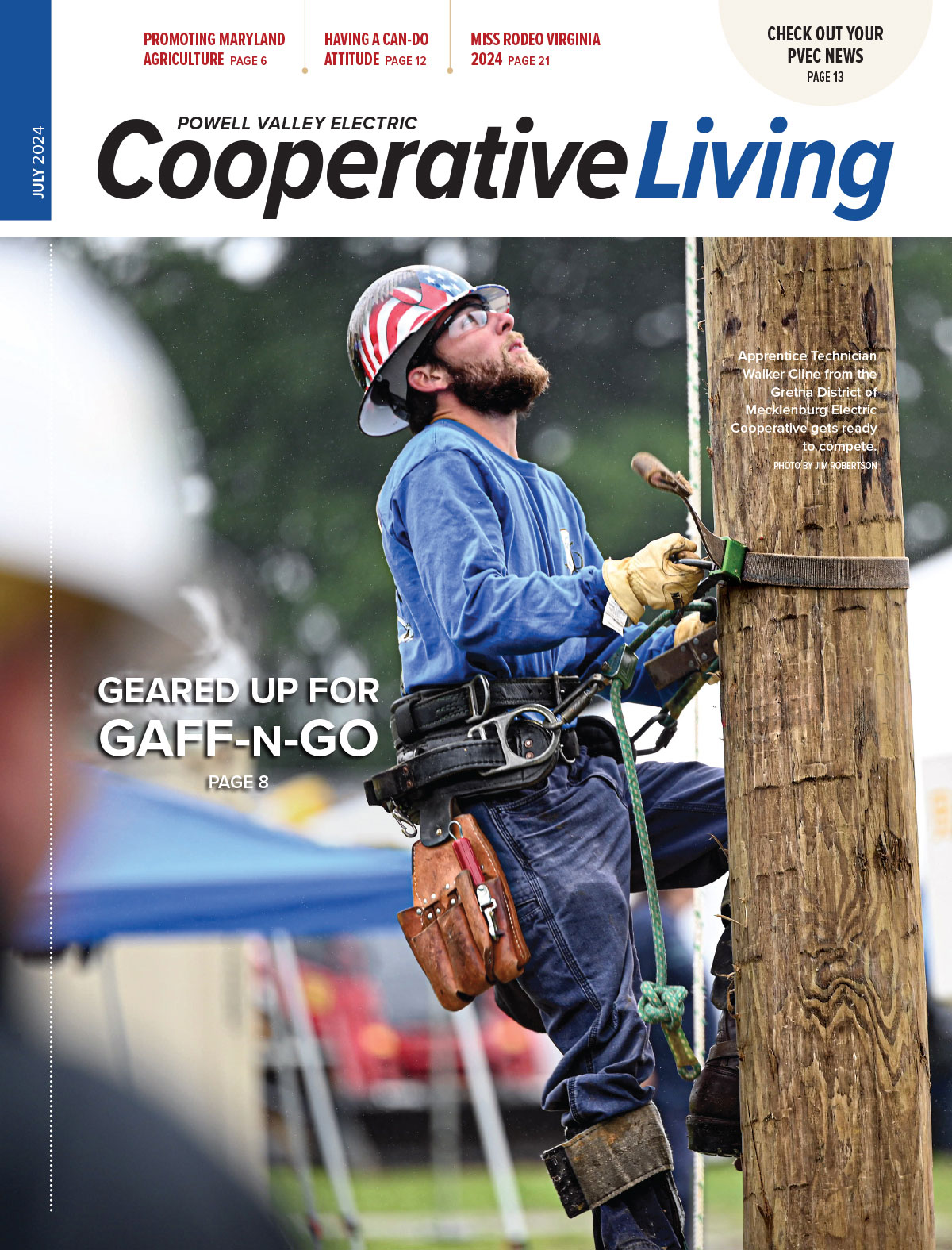News
Powell Valley is consumer owned and regulated

View the latest issue of The Tennessee Magazine.
Cooperative Living Magazine

View the latest issue of Cooperative Living Magazine
Click here to view your local PVEC news.
Click here to view archived local PVEC news.
